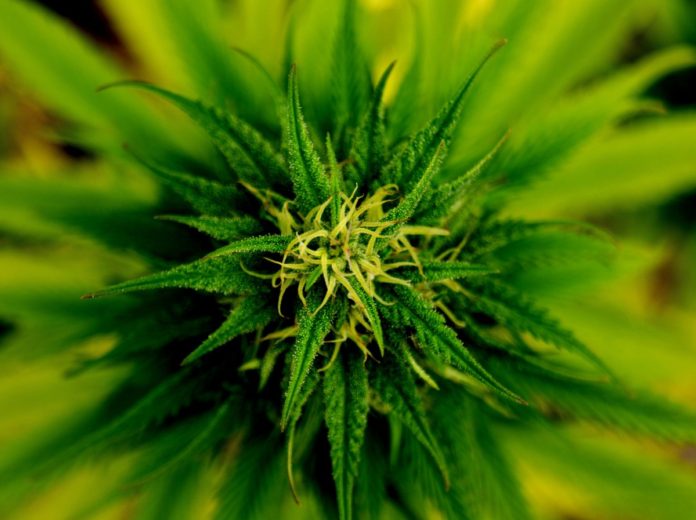Next week, B.C. municipalities are going to debate whether they should ask the provincial government for 40 per cent of cannabis tax revenue after legalization day on Oct. 17.
The resolution is set to be considered during the annual UBCM Convention, this year being held in Whistler from Sept. 10 to 14.
The resolution “seeks to advance a short- and long-term cannabis excise tax revenue sharing strategy. This strategy is intended to guide the negotiation of a provincial-local government cannabis excise tax revenue sharing agreement.”
UBCM (Union of B.C. Municipalities) says it has analyzed cannabis taxation schemes in number of jurisdictions where non-medical cannabis is currently legal or will soon become legal, including several U.S. states and Canadian provinces.
“Based on the findings of this research, and combined with UBCM’s approach to cannabis excise tax revenue sharing, UBCM is proposing two strategies to guide the negotiation of a cannabis excise tax revenue sharing agreement with the Province,” states UBCM.
“The short-term strategy proposed as part of SR1 intends to adopt a revenue sharing framework that would entail the provincial government providing local governments with 40% ($50 million) of the projected provincial cannabis excise tax revenue ($125 million) over the first two years of legalization.”
Further, the resolution suggests that any revenue above the $125 million would be shared 50-50.
See also: Tracking system aims to prevent legal cannabis from entering illegal market
“Excise tax revenue would be distributed to BC local governments on a per capita basis, with all municipalities and regional districts receiving a minimum of $10,000 regardless of population,” UBCM proposes.
The UBCM notes that in Ontario, local governments have agreed to $40 million in cannabis excise tax revenue over 2 years, representing 40% of the projected provincial cannabis excise tax revenue ($100 million), and that the Province of Quebec will be providing $20 million of its projected $73 million in cannabis excise tax revenue to local governments over 2 years. The Province will also commit $42 million towards public safety.



















